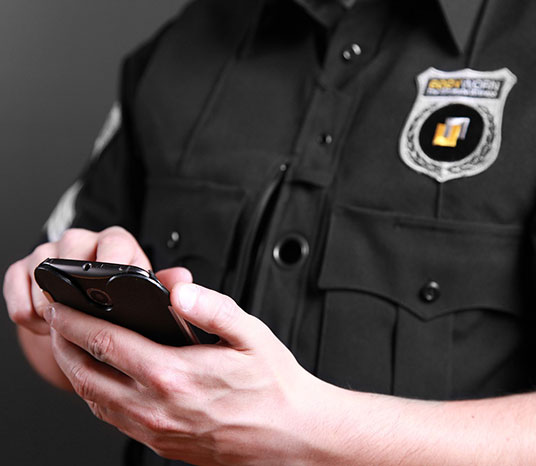SOUTH RIVER — The South River Police Department is warning residents to be on alert for attempted “virtual kidnapping” scams.
In the scheme, individuals call claiming to have kidnapped a family member. While no actual kidnapping has taken place, the callers often use co-conspirators to convince their victims of the legitimacy of the threat. For example, a caller might attempt to convince a victim that their relative has been involved in a car accident or has been kidnapped, police said.
The individual calling tells the victim that their family member has been kidnapped or is seriously injured and needs to go to the hospital. The caller further states the family member will not be released or allowed to go to the hospital until he gets paid for the damages from the accident or medical bills. Callers often claim to be holding the family member at gunpoint.
In another example, a caller might attempt to convince a victim that his daughter was kidnapped by having a young female scream for help in the background during the call, police said. Often the reason they are holding the alleged victim varies, but some of the most prominent scams involve car accidents, drug debts, gang assaults or persons being smuggled across the border. Victim telephone numbers appear to be dialed at random.
Callers will typically provide the victim with specific instructions to ensure safe return of the allegedly kidnapped individual. In some cases, these instructions involve demands of a ransom payment. Callers are ordered to stay on the phone until the money is wired, often to a third party in Puerto Rico.
Most schemes use various techniques to instill a sense of fear, panic and urgency in an effort to rush the victim into making a very hasty decision. Instructions usually require the ransom payment be made immediately and typically by wire transfer using companies such as Western Union, police said. The requested ransom payments are for varied amounts, usually between $600 and $1,900.
In addition, once a payment is made, the alleged kidnappers often claim the money was not received and tell the victims that they need to wire additional money. Alternatively, the caller requests the victim to meet in person at a location to pay the ransom money.
Police said the calls sometimes come from Puerto Rico with area codes 787, 939 and 856.
Officials advised residents, if a call should come through, to try to slow the situation down; request to speak to the victim directly; ask for a description of the victim or the vehicle they drive, if applicable; attempt to call, text or contact the victim via social media and request that the victim call back from his or her cell phone.
While staying on the line with alleged kidnappers, try to call the alleged kidnap victim from another phone. To buy time, repeat the caller’s request and tell them you are writing down the demand, or tell the caller you need time to get things moving, and request the kidnapped victim call back from his/her cell phone.
Anyone with information or tips about the virtual kidnapping attempts are urged to contact local law enforcement or the FBI at 212-384-1000. Victims who believe a real kidnapping has occurred should dial 911. Tipsters may remain anonymous.




